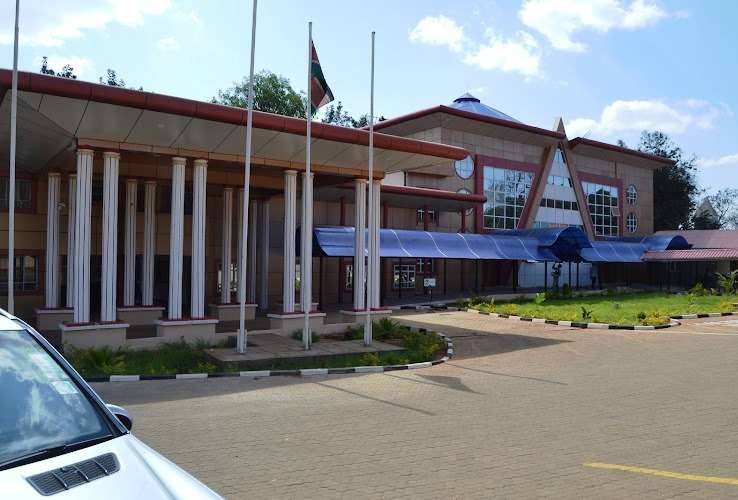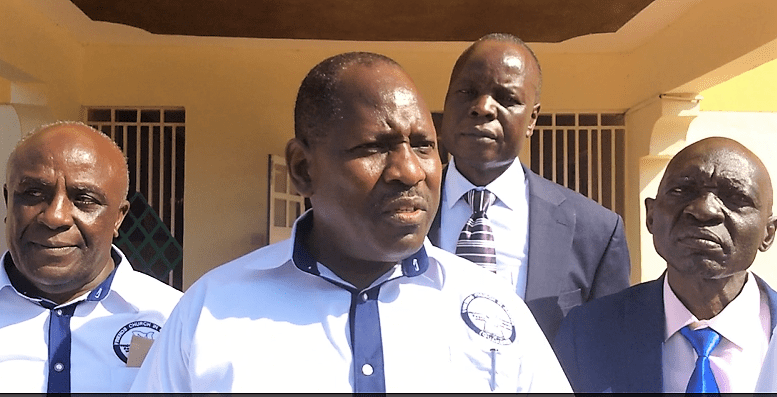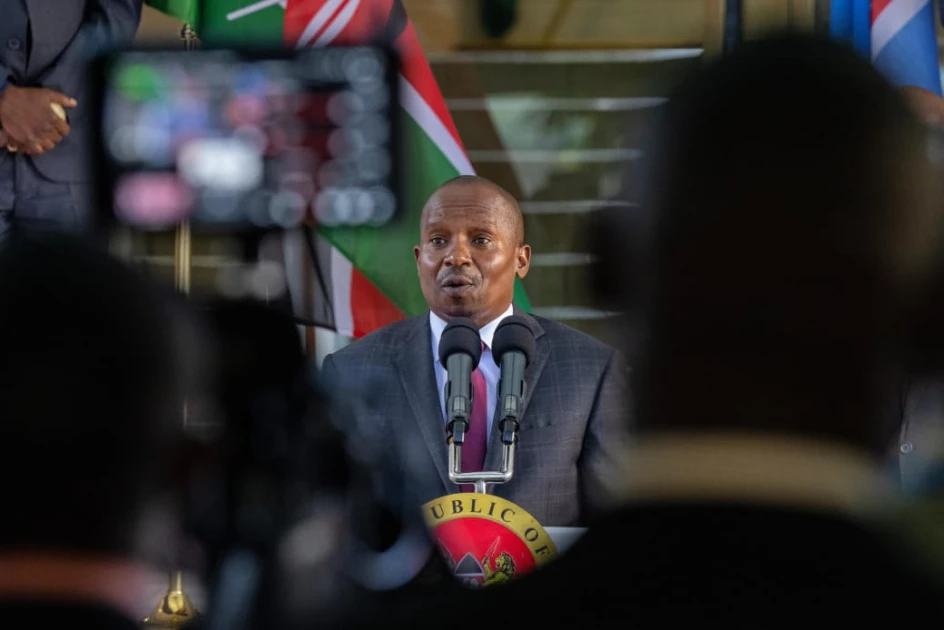Former Interior Cabinet Secretary Dr. Fred Matiang’i formally threw his hat into the 2027 presidential race last week, citing overwhelming public pressure and deep concern about the country’s current leadership trajectory. Mr Matiang’i, who was speaking at a packed Gusii Stadium, told thousands of supporters that he was answering the call of “millions of Kenyans” who had petitioned him through letters, videos, and personal appeals.
“I have listened to the voices of our people, and from the bottom of my heart, I promise I will not let them down,” he said, eliciting rapturous applause.
However, beyond the surface of fanfare and emotional rhetoric, Matiang’i’s declaration hinted at deeper currents that suggest a candidacy currently rooted in ethnic consolidation rather than national strategy. The former Cabinet Secretary (CS), widely regarded as a technocrat during his decade in government, has so far provided little by way of policy direction or a cohesive vision for the country.
Instead, his launch focused heavily on appeals to his Kisii community. The presence of local leaders, including Kisii Governor Simba Arati and Nyamira Governor Amos Nyaribo, reinforced the ethnic tone of the event. Both leaders lamented the perceived marginalisation of the Gusii people in President William Ruto’s administration, pointing out that the community holds only one Principal Secretary position and no Cabinet-level appointments. “We want to have one of our own on the presidential ballot so that we can be at the table where the national cake is shared,” said Governor Arati, in a clear call for bloc voting.
While Matiang’i named a number of “progressive leaders” he is willing to collaborate with, including Kalonzo Musyoka, Martha Karua, Justin Muturi, and Eugene Wamalwa, his mention of former Deputy President Rigathi Gachagua raised eyebrows. Whether this was a tactical misstep remains unclear at this stage.
Notably absent from Matiang’i’s speech was any reference to ODM leader Raila Odinga, possibly a calculated omission aimed at distancing himself from the perception of being his protégé. This silence could also hint at a broader realignment within the opposition, as the country anticipates a post-Raila political landscape.
The former Cabinet Secretary also announced plans to resign from his current job in the United States, signalling his intent to fully commit to the presidential race. Yet, questions linger over the nature of his role abroad and its potential influence on or funding of his campaign.
Analysts note that while Matiang’i’s event showcased grassroots enthusiasm, it lacked the depth expected of a presidential launch. There was no mention of economic reform, governance proposals, or a development blueprint, areas where Matiang’i had previously distinguished himself in government.
“He’s made an emotional pitch, but so far, there’s no ideological framework. It’s still a regional bid with national aspirations,” said a political analyst who requested anonymity.
Calls from Kisii leaders for community unity echoed past political moments, notably the 2002 bloc support for the late Simeon Nyachae. Yet, whether this momentum can be replicated in today’s fractured political environment remains to be seen.
As Matiang’i prepares to embark on a nationwide campaign, all eyes will be on whether he can transition from a regional power base to a unifying national figure capable of articulating a compelling vision beyond the rhetoric of exclusion and ethnic justice.





